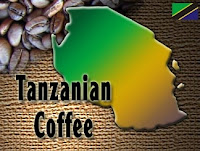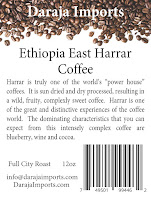Smallholder Farmers in Lower Income Countries
 are Vulnerable to Wide Commodity Price fluctuations and declining relative prices. In response,
various market interventions have been designed to reduce smallholder vulnerability.
are Vulnerable to Wide Commodity Price fluctuations and declining relative prices. In response,
various market interventions have been designed to reduce smallholder vulnerability.Fair trade is a market-based approach to smallholder development that attempts to use consumer demand as incentive to restructure global trading relationships. By contrast, free trade approaches to development emphasize liberalizing markets and increasing competition and smallholder efficiency as the route to improved smallholder well-being.
In Tanzania, 275000 hectares are under coffee cultivation, supporting some 500000 households. Small-holders, with an average area of 0.5 hectare, are responsible for over 90% of the country’s production.
Kuzilwa (1997, p. 46) defines smallholders as ‘farmers
(households) owning relatively small farms and [producing] a variety of crops both for subsistence and
cash. They depend on family labour to produce their output and use relatively labour intensive techniques
of production’.
Tanzanian
farmers who grow
coffee face a
number of vulnerabilities in
the world and
domestic markets. The global coffee market is characterized by
volatile prices that are in long-term relative decline.
Tanzania’s coffee industry is
dominated by a
two-tier cooperative system.
Each village contains
a primary society run by officers elected from the community.
Primary societies are organized regionally under umbrella cooperative unions.
Daraja Imports proudly supports fair trade coffees.




No comments:
Post a Comment